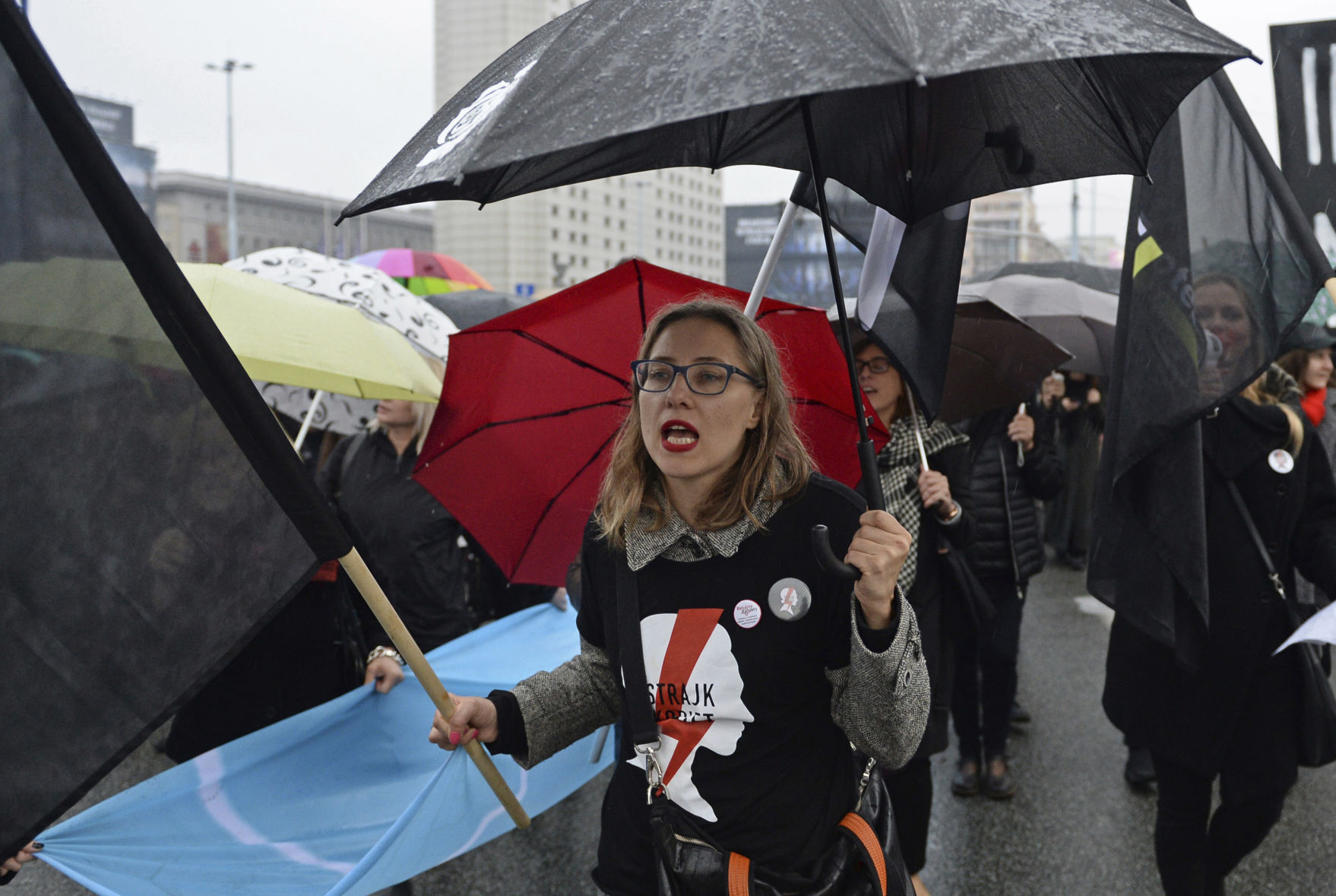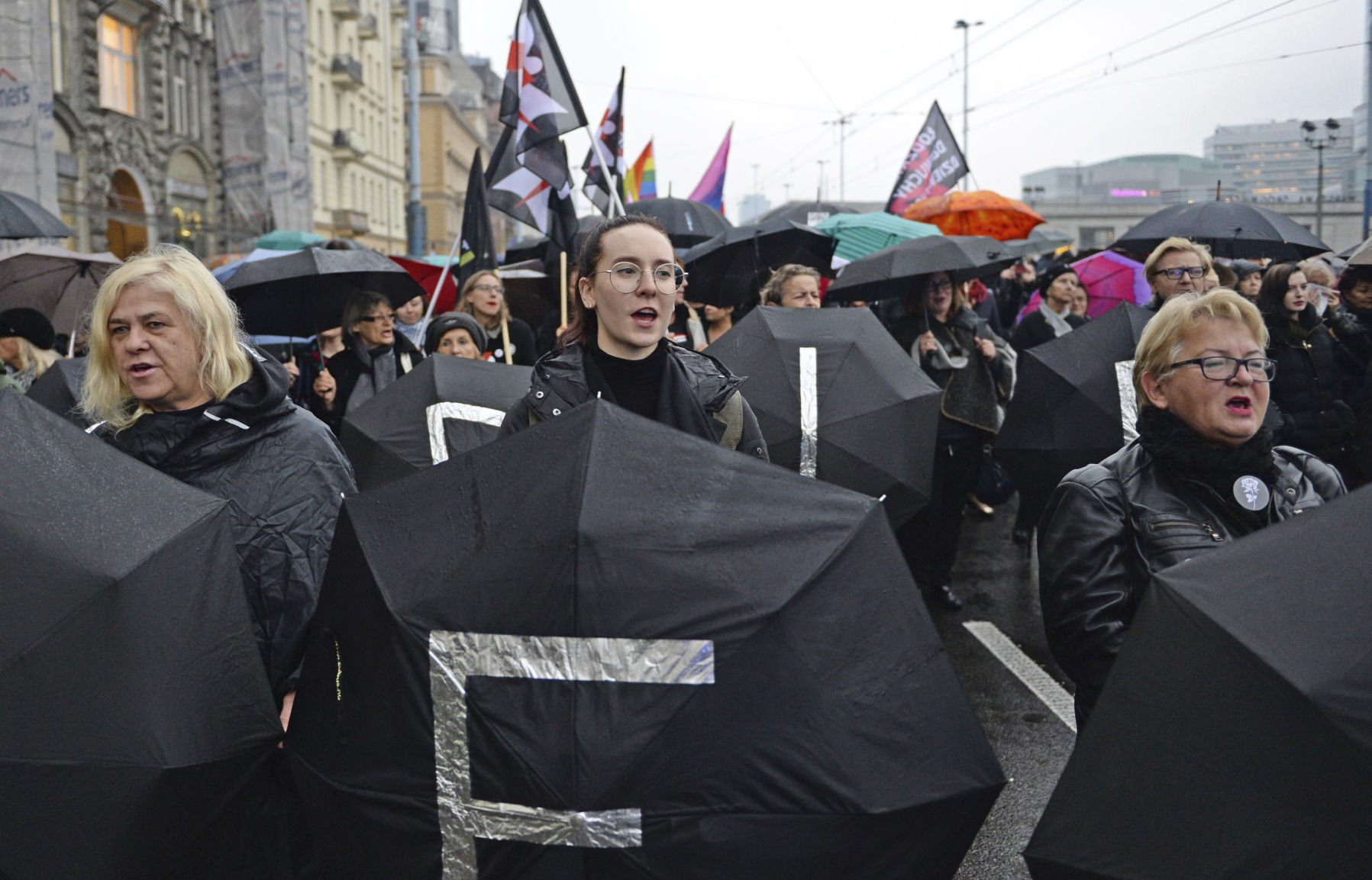WARSAW, Poland (AP) — Poland’s president has signed into law a bill on funding for non-governmental organizations that critics fear the conservative government may use to undercut groups with missions that conflict with the ruling party’s positions. International human rights
WARSAW, Poland (AP) — Poland’s president has signed into law a bill on funding for non-governmental organizations that critics fear the conservative government may use to undercut groups with missions that conflict with the ruling party’s positions.
International human rights organizations and a federation of Poland’s NGOs had appealed to President Andrzej Duda to veto the bill, which they saw as setting back the development of formerly communist Poland’s civic organizations.
The law establishes at the prime minister’s office a new National Freedom Institute that will distribute public funds from the government and the European Union among Poland’s 100,000 NGOs. It also adds 40 million zlotys ($11 million) to the existing pool of 60 million zlotys.
Duda’s office said he signed the bill late Friday.
The new law’s main proponent, Culture Minister Piotr Glinski, said the institute overseeing the dispersal will focus on small regional projects, local academies, volunteer activities and consumer protection.
Glinski said the new system would be “fair and well-balanced,” noting that NGOs would be “watching our hands” as money is allotted.
Opponents said the law was intended to put NGOs under the political control of a government that has worked to consolidate power. A recent state television campaign that undermined the reputations of some groups and a raid on a women’s rights organization that took part in anti-government protests have contributed to the concern.
The law is an “Orwellian idea” to regulate civic activity and its true purpose is to “watch if all NGOs follow the line” of the ruling Law and Justice party, pro-democracy activist Henryk Wujec said.
“Of course, many fantastic initiatives will get financing, just like now, but all actions politically undesired will not get the means,” Wujec said, citing women’s and LGBT rights organizations as examples.
The Helsinki Foundation for Human Rights called the bill a “departure from the idea of support for the civil society and a systemic threat to the independent operation and development of NGOs in Poland.”




